Ad
Ad
Tata Motors Launches "TATVA" Framework to Strengthen Circular Economy Initiatives
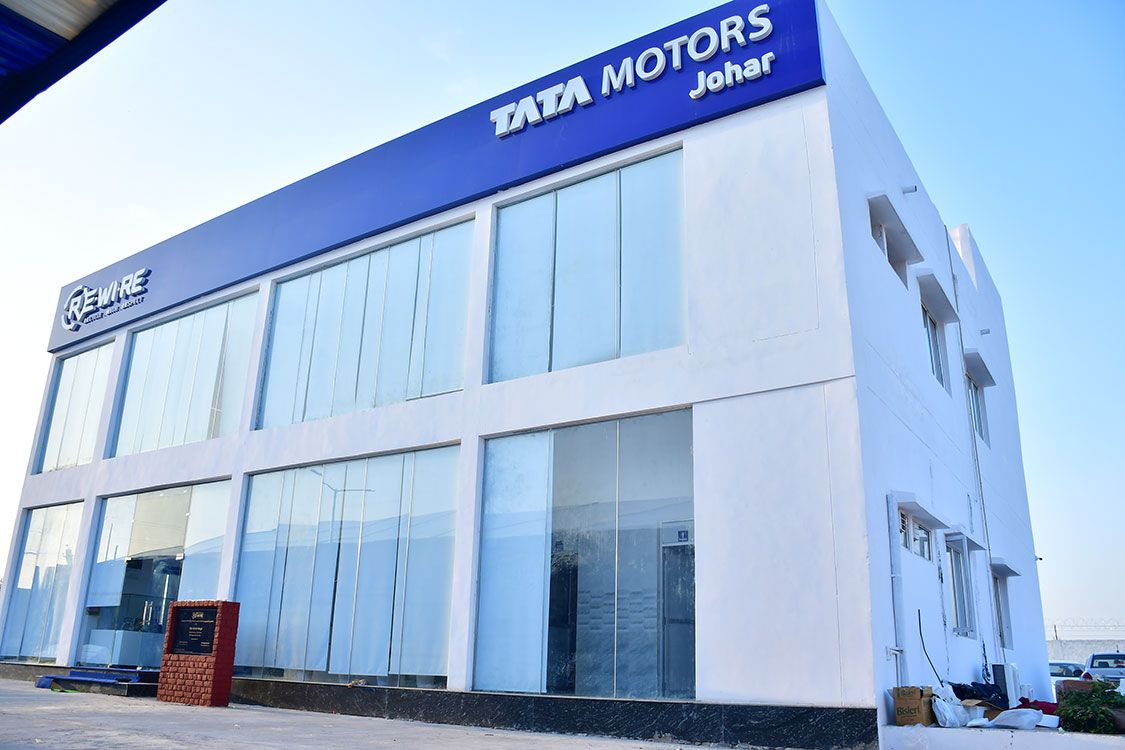
Key Highlights:
• Tata Motors launched the "TATVA" framework to promote circular economy principles.
• Five vehicle scrappage facilities under the "Tata Re.Wi.Re" brand were operationalized for end-of-life management.
• Tata Motors aims for net-zero carbon emissions in commercial vehicles by 2045, net positive water, and 100% renewable electricity usage.
• The company's Aalingana strategy accelerates EVs and hydrogen vehicle adoption.
• New R&D facilities for hydrogen engines were unveiled in Pune, emphasizing circular business models.
Girish Wagh, Executive Director of Tata Motors, emphasized the company's efforts towards a circular economy with the unveiling of the "TATVA" framework.He stated that this methodical approach incorporates circularity concepts across the organization, focusing on energy, materials, product lifetime, and utilization.
The commercial vehicle (CV) segment aims to achieve net zero carbon emissions by 2045. Tata Motors is also expanding its end-of-life vehicle management by launching five vehicle scrappage facilities under the "Tata Re.Wi.Re" brand.
"Also, we are on track to become net positive on water and achieve 100% usage of renewable electricity in line with our sustainability roadmap," Wagh stated in the report. Renewable energy accounts for around 40% of Tata Motors' electrical demand in India.
According to him, Tata Motors has progressed in its sustainability journey across all three Aalingana pillars: net zero, circularity, and biodiversity.
Product Strategy and Certifications
To align with its 2045 net-zero goal, Tata Motors has accelerated the adoption of electric vehicles (EVs), hydrogen-based vehicles, and renewable energy. The company received FAME and PLI certifications for its Ace EV and 12m E-bus models.
R&D Facilities for Hydrogen Vehicles
The company has unveiled state-of-the-art R&D facilities for hydrogen internal combustion engines at its Engineering Research Centre in Pune. A Hydrogen ICE engine manufacturing facility has also been operationalized within Tata Cummins.
Circular Business Models
The company's management emphasized that planning for circularity is an important aspect of the circular economy. The maximum value is obtained when all of the circular business models of servitization, longer durable life, and reuse are implemented concurrently, ensuring ongoing income throughout the lifecycle, according to the report.
Furthermore, circular business models allow for the development of economic value at all stages of a product's lifecycle by guaranteeing that the product retains its original identity and function.
Circular business models increase utilisation and incentivise more reliable and lasting products, while also allowing for the reuse and refurbishment of products and components as they are designed, according to the paper.
Also Read: Tata Motors Anticipates Recovery in Small Commercial Vehicles Following Bottoming Out
CMV360 Says
Tata Motors' efforts towards a circular economy and sustainability are commendable. By focusing on renewable energy, water positivity, and innovative vehicle technologies, the company sets a strong example for the automotive industry.
The TATVA framework and circular business models highlight Tata Motors' dedication to reducing environmental impact and fostering long-term sustainability.
News
Ashok Leyland Revives TAURUS and HIPPO with Next-Generation Heavy-Duty Technology
Ashok Leyland brings back TAURUS and HIPPO trucks with next-gen technology, powerful engines, and improved durability to meet India’s growing mining and infrastructure tr...
22-Jan-26 12:26 PM
Read Full NewsFinnfund Invests $15 Million in Transvolt Mobility to Boost Electric Heavy Vehicles in India
Finnfund invests USD 15 million in Transvolt Mobility to expand electric buses and trucks in India, supporting clean transport, job creation, and India’s sustainable mobi...
22-Jan-26 04:52 AM
Read Full NewsMahindra Launches Refreshed Bolero Camper and Bolero Pik-Up with New Features and Comfort Upgrades
Mahindra refreshes Bolero Camper and Pik-Up with bold styling, iMAXX telematics, air conditioning, and improved comfort, reinforcing its leadership in India’s pickup segm...
21-Jan-26 01:01 PM
Read Full NewsFresh Bus and Exponent Energy Partner to Deploy Rapid-Charging Electric Intercity Buses in India
Fresh Bus and Exponent Energy partner to deploy rapid-charging electric intercity buses, enabling long-distance travel with 15-minute charging and high-power infrastructu...
21-Jan-26 10:07 AM
Read Full NewsGreenCell Mobility Secures $89 Million to Rapidly Expand Electric Bus Network Across India
GreenCell Mobility raises $89 million to expand its electric bus fleet across India, boosting clean public transport, charging infrastructure, and zero-emission mobility ...
21-Jan-26 07:12 AM
Read Full NewsIndia Launches First Indigenous Runway Cleaning Machines to Boost Airport Safety
India delivers its first indigenous runway cleaning machines to Noida Airport, enhancing aviation safety, reducing imports, and bolstering 'Make in India' manufacturing i...
21-Jan-26 05:45 AM
Read Full NewsAd
Ad
Latest Articles
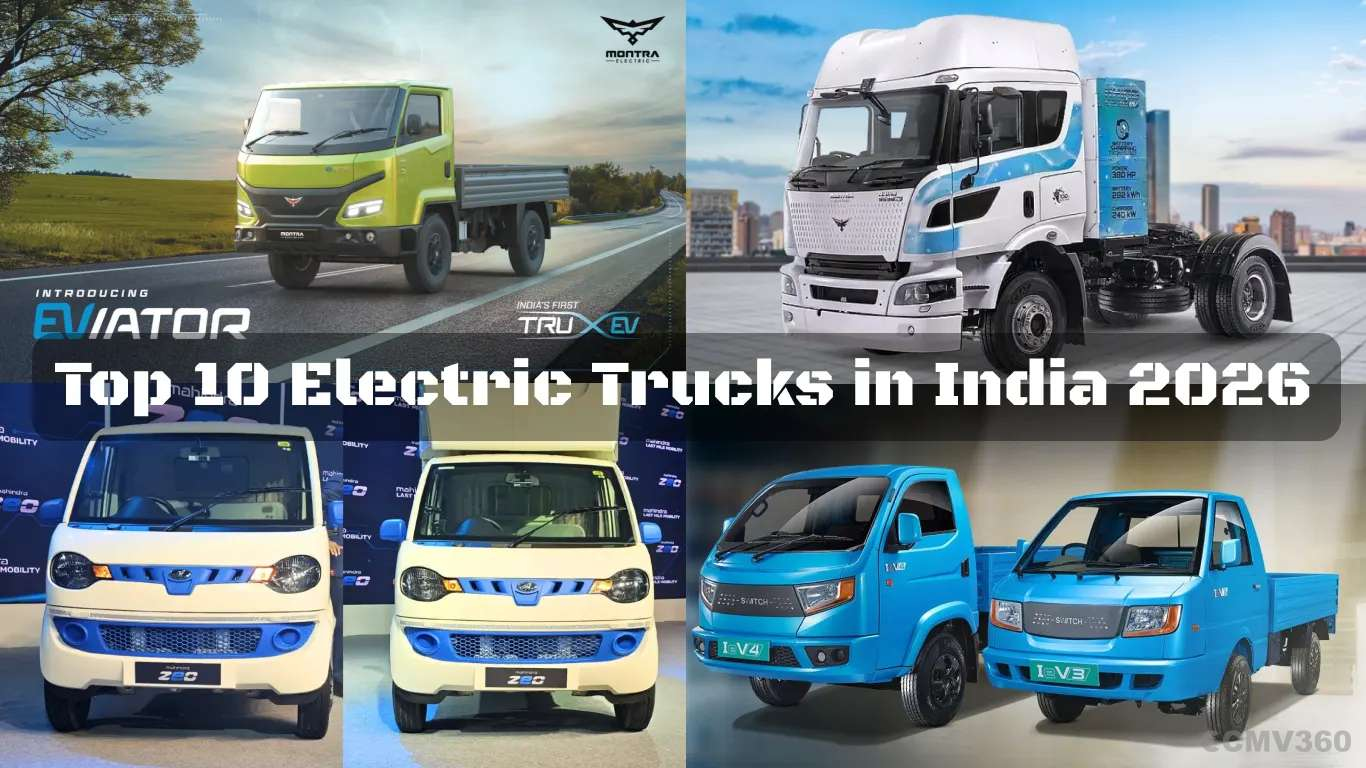
Top 10 Electric Trucks in India 2026: Price, Range, & Payload
22-Jan-2026
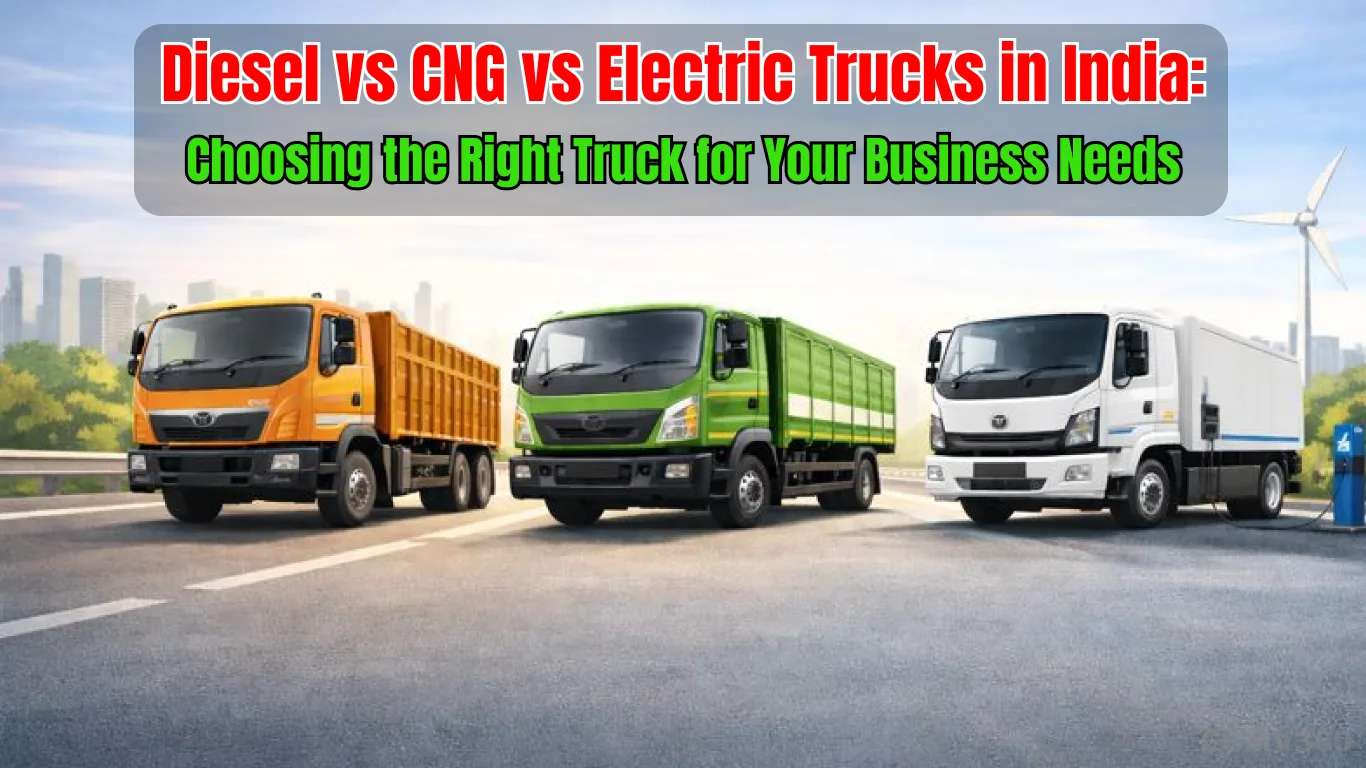
Diesel vs CNG vs Electric Trucks in India 2026: Choosing the Right Truck for Your Business Needs
21-Jan-2026
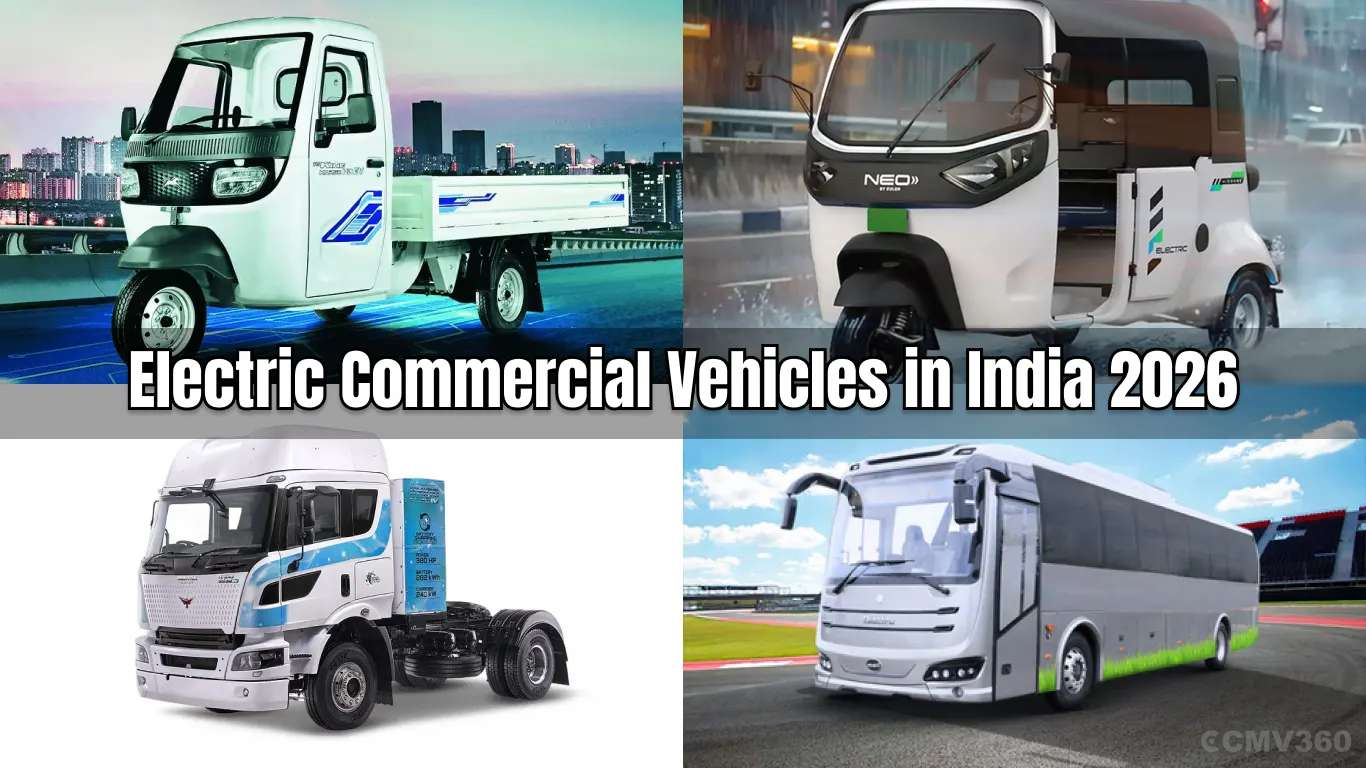
Electric Commercial Vehicles in India 2026: Complete Guide to Electric Trucks, Buses, and Three Wheelers with Prices
19-Jan-2026
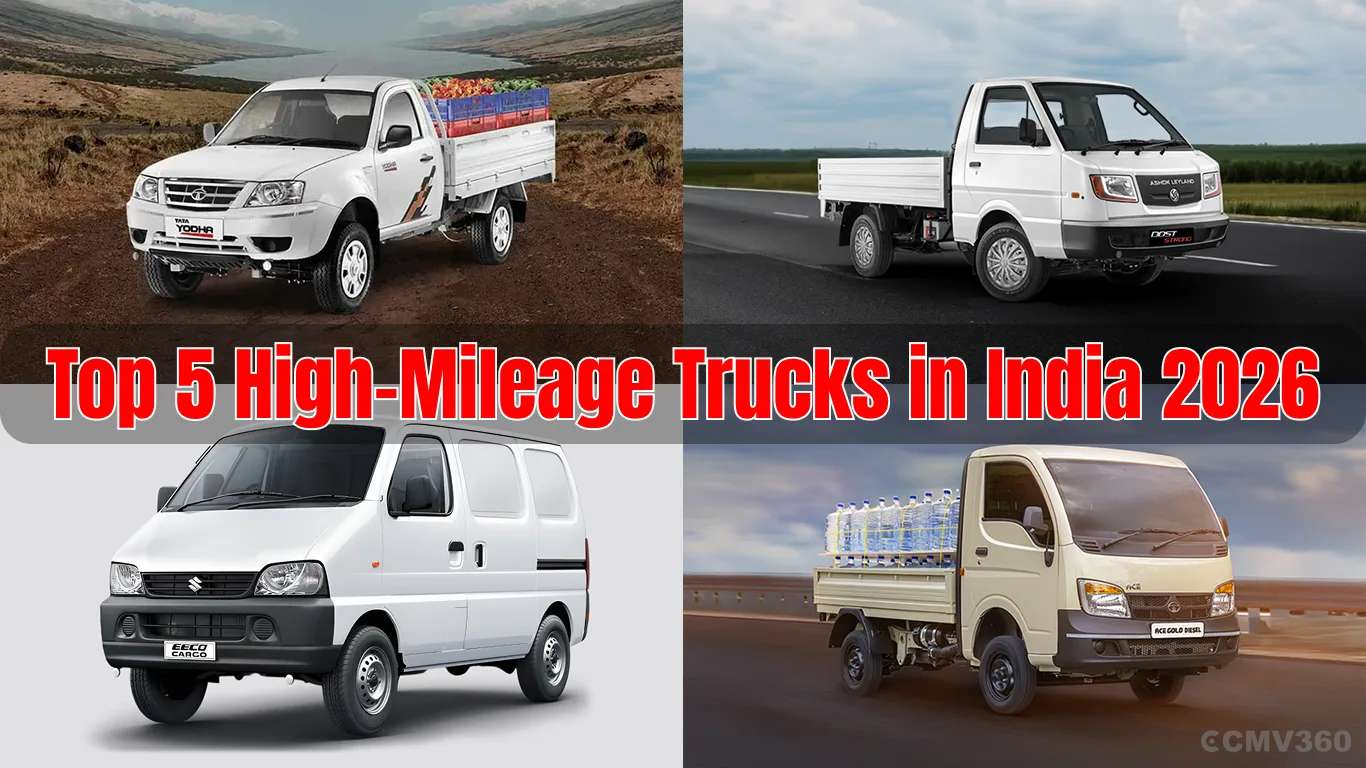
Top 5 High-Mileage Trucks in India 2026
16-Jan-2026

Top 10 CNG Trucks in India 2026: Best CNG Models
12-Jan-2026
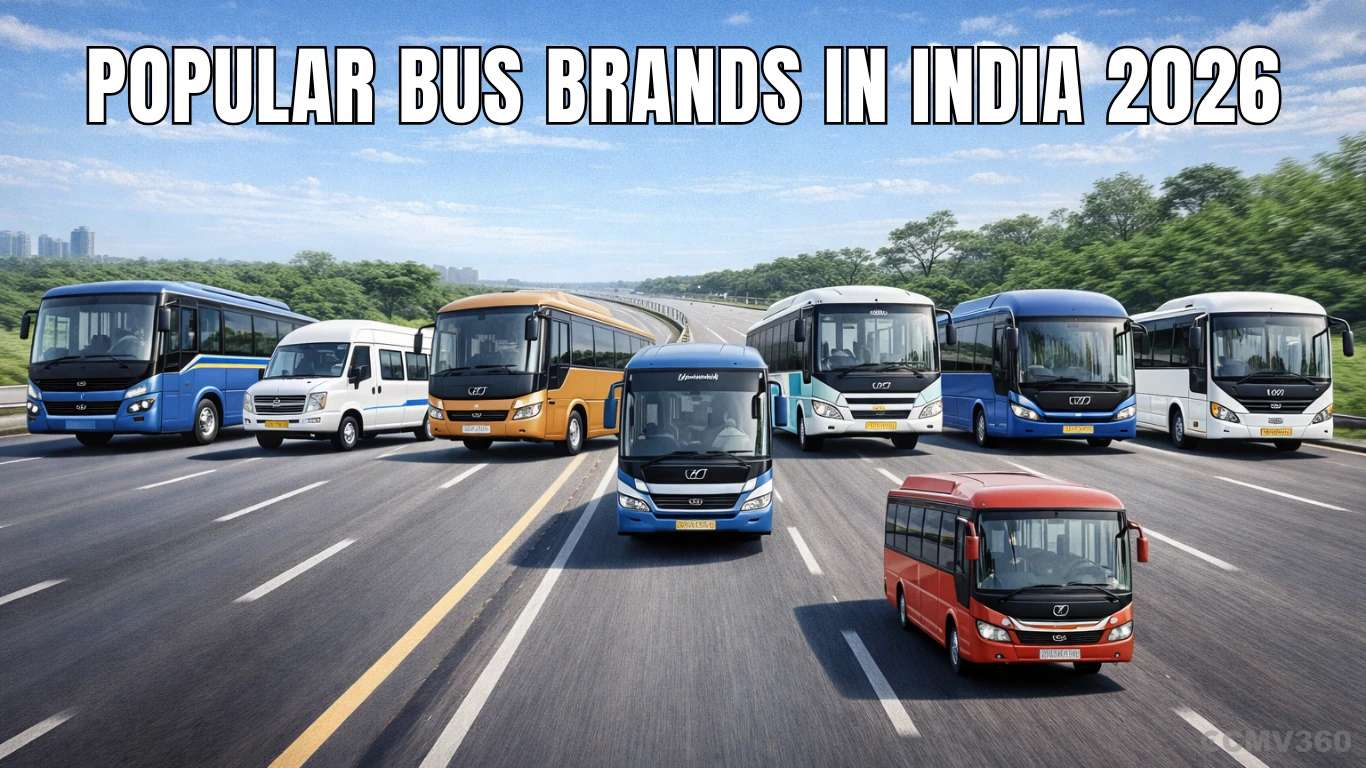
Popular Bus Brands in India 2026
08-Jan-2026
View All articles





